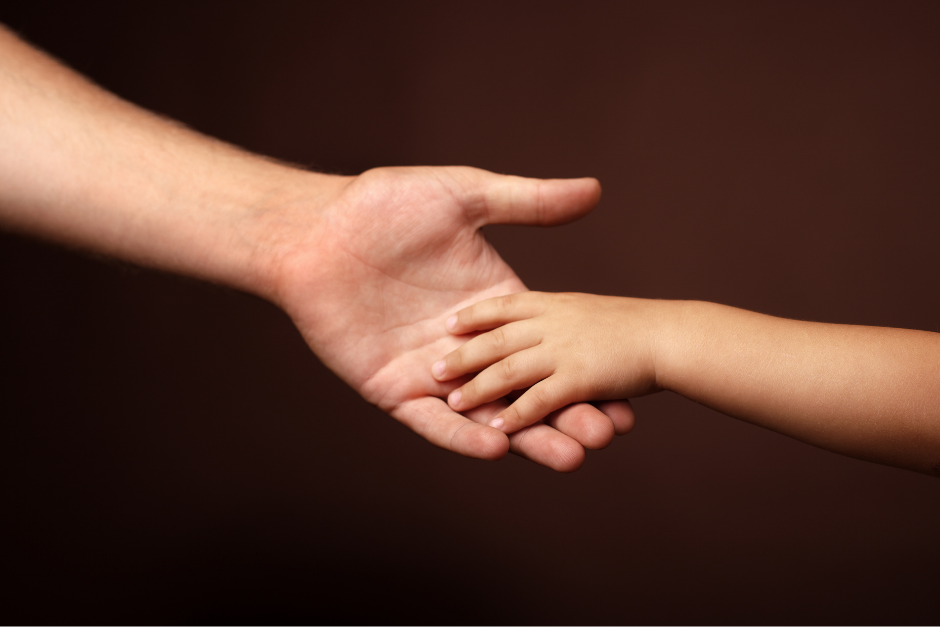Negative experiences in early childhood can be incredibly destructive to a person’s view of themselves, their ability to maintain healthy relationships, their coping skills and their health and wellbeing. Conversely, positive experiences can be equally as powerful in driving learning, growth and healing.
The experience of a healing relationship, whether it is between a therapist and client, or parent and child, is the most change-producing factor. Many studies on therapy outcomes, for example, reveal that the quality of the therapeutic relationship is the primary factor associated with positive results – more important than any theory or methods used. Positive change requires a relationship in which people experience trust, safety, empathy, support, healthy boundaries, and “limbic resonance” (emotional and mental attunement).
Healing Parents
An example of the experiential basis for healing is the relationship between a child and a healing parent. A healing parent helps children who had painful and damaging experiences early in life and, consequently, do not trust adults, learn to view the world as a safe place.
Parents who adopt children from foster care or orphanages must be healing parents because children typically do poorly when they lack loving and safe attachments during the early years of life. Early emotional connections affect every aspect of development – mind, brain, emotions, behavior, relationships and morality. Beyond parenting concepts and techniques, the primary vehicle for positive change and healing from prior traumas is the child’s experience of a special relationship with his or her parents. Parents who heal are sensitive and responsive to their child’s needs, set appropriate boundaries and structure, are empathic, supportive, nurturing, safe and positive role models. (For more on how to be a healing parent read our 10Cs of Healing Parenting series.)
The goal for healing is creating the experience of connection, not merely modifying a child’s behavior.
Experiential Interventions
While establishing a safe, supportive and connected relationship with a healing parent is probably the most significant experience that can lead to learning and change, experiential interventions are also a necessary part of a holistic approach to recovering from trauma.
Effective therapy involves mental, emotional, somatic and social experiences in a safe, supportive and compassionate environment.
Healing experiences in therapy have five components:
- Clients are fully engaged and motivated
- Clients acknowledge and experience authentic emotions, not intellectualizing, denying or avoiding
- The focus is interpersonal – therapist-client, parent-child, adult partners
- Use symbols that have deep meaning
- Incorporate imagery and visualization.
Therapeutic experiences can facilitate deep and lasting change in many realms. They can rewire the traumatized brain, and help the client change negative core beliefs into positive and hopeful mindsets, create healthy relationships (trust, empathy, safety, boundaries, reciprocity, love), and learn empowering coping skills (anger management, conflict resolution, communication).


